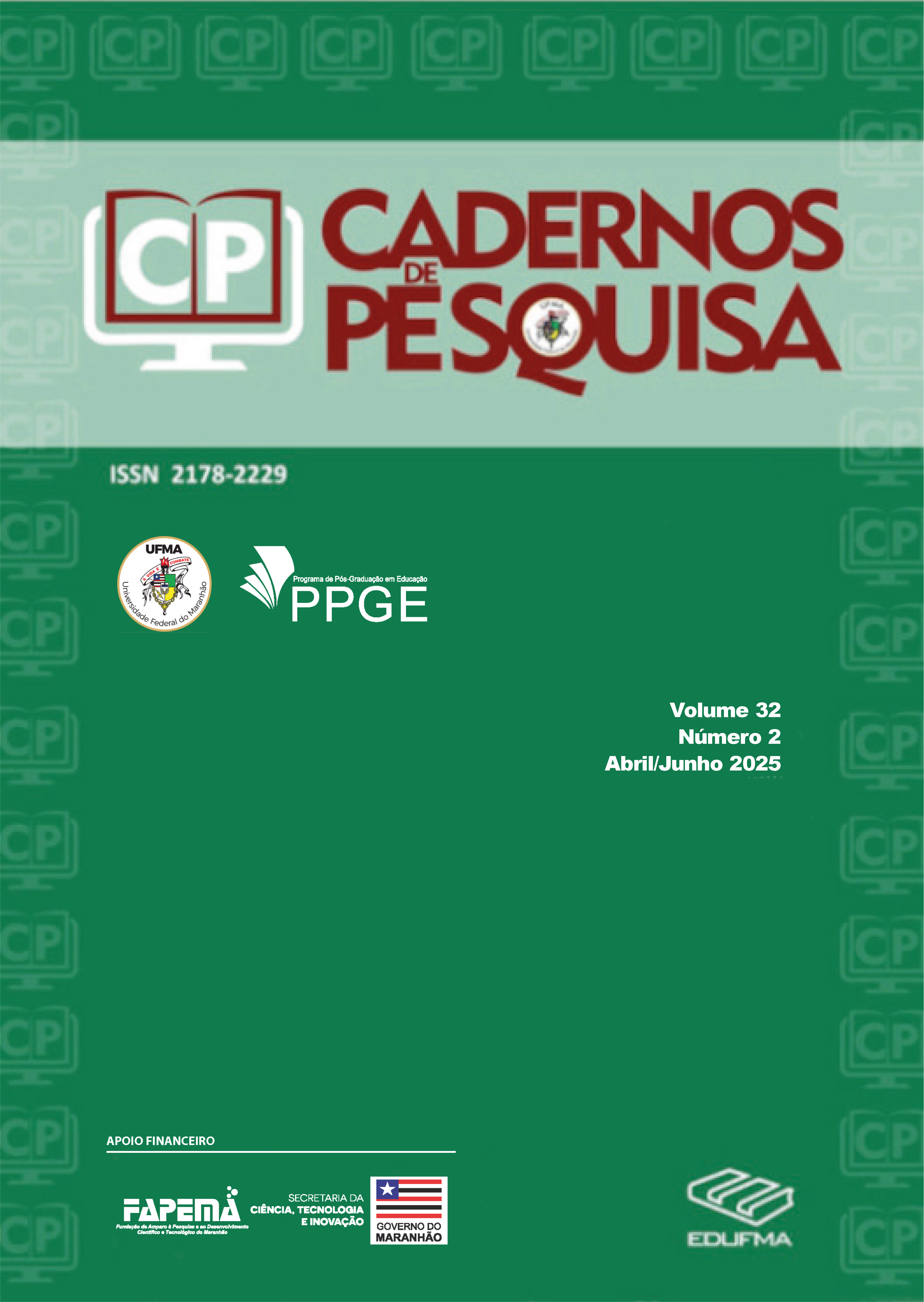Forbidden and not recommended books: il Piccolo emigrante and its author Arpalice Cuman Pertile
DOI:
https://doi.org/10.18764/2178-2229v32n2e26033Keywords:
children's literature, biography, women's history, history of educationAbstract
Teacher and writer of children's books Arpalice Cuman Pertile was born in Marostica, northern Italy, on May 12, 1876, a time when many of her countrymen immigrated to the Americas. She was the first woman from Marostica to get a Graduation in Higher Education in 1898 and became a teacher at the Normal School for a period when her speeches in favor of peace and her non-adherence to fascism led to her exclusion from teaching, and her books stopped being recommended. Writer of numerous works of children's literature, including Il Piccolo Emigrante, published by the renowned publisher G. B. Paravia. Interweaving biographical aspects of the author and her works, especially Il Piccolo Emigrante, in this analysis I try to think about the relationship between Arpalice Cuman Pertile, her works and the evidence of the defense of peace and freedom, in the Italian historical context of the first half of the twentieth century. Through the historical documentary analysis of books, correspondence, photographs and newspapers, the narrative allows us to glimpse the life story of a writer and teacher who witnessed two great wars and suffered in the midst of fascist totalitarianism. By the end of the 1920s, her children's literature and educational works were no longer recommended because they were not linked to fascist ideals. Even with the imposition of isolation and precarious living conditions, Arpalice echoed in her writings the defense of freedom, justice, peace and human fraternity. Arpalice died in her hometown on March 30, 1958.
Downloads
References
ASCENZI, Anna; SANI, Roberto. Il libro per la scuola tra idealismo e fascismo: i’ opera della Comissione centrale per l’ esame dei libri di testo da Giuseppe Lombardo Radice ad Alessandro Melchiori (1923-1928). Milano: Vita e Pensiero, 2005.
ATTI del Convegno Arpalice Cuman Pertile, marosticense, scrittice e poetissa dell’ infanzia. Marostica: Comune di Marostica, 1986.
BOSWORTH, Richard J. B. Mussolini: a biografia definitiva. Rio de Janeiro: Globo Livros, 2023.
CANDIDO, Antonio. Textos de intervenção. São Paulo: Editora 34, 2002.
CARNEIRO, Deivy Ferreira. Os usos da biografia pela micro-história italiana. In: AVELAR, Alexandre de Sá; SCHIMIDT, Benito Bisso. O que pode a biografia. São Paulo: Letra e Voz, 2018. p. 33-57.
CHARTIER, Roger (org.). Práticas de leitura. São Paulo: Estação Liberdade, 1996.
COLIN, Mariella. I bambini di Mussolini: letteratura, libri, letture per l’ infanzia sotto il fascismo. Brescia: La Scuola, 2012.
CONTIN, Liliana et al. Atti del convegno di Studi Arpalice Cuman Pertile. Marostica: Edizione Comune di Marostica, 2022.
CUMAN PERTILE, Arpalice. Il piccolo emigrante. Torino: G. B. Paravia, 1920.
CUMAN PERTILE, Arpalice. Piccoli viaggiatori del cielo, della terra e del mare. Torino: Casa Editrice Paravia, 1936.
CUMAN PERTILE, Arpalice. I Racconti di Nonno Proverbio. Torino: Casa Editrice Paravia, 1925.
CUMAN PERTILE, Arpalice. Per i bambini: quadri, novelle, poesie. Torino: Casa Editrice Paravia, 1928.
CUMAN PERTILE, Arpalice. La Storia Più bela narrata ai fanciulli nel paese di Gesu Torino: Casa Editrice S. E. I. de Torino, 1930.
CUMAN PERTILE, Arpalice. Il teatro di Bengodi: dialoghi e commedie per la recitazione dei fanciulli e per le feste scolastiche. Milano: Casa Editrice Mondadori, 1926.
DARNTON, Robert. Censores em ação: como os estados influenciam a literatura. São Paulo: Companhia das Letras, 2016.
GABRIELLI, Gianluca; MONTINO, Davide. La scuola fascista: istituzioni, parole d’ ordine e luoghi dell’immaginario. 2. ed. Verona: Ombre Corte, 2025.
GALFRÉ, Monica. Il regime degli editori: libri, scuola e fascismo. Roma Bari: Laterza, 2005.
HOBSBAWM, Eric J. A era dos impérios (1875 – 1914). 18. ed. Rio de Janeiro: Paz e Terra, 2014.
MURARO, Giuseppe Antonio. Notte sulla famiglia Cuman e sulla realtá di Marostica nella seconda mettà dell’Ottocento. In: CONTIN, Liliana et al. Atti del convegno di Studi Arpalice Cuman Pertile. Marostica: Edizione Comune di Marostica, 2022. p. 21-30.
PERROT, Michelle. As mulheres ou os silêncios da História. Bauru, SP: EDUSC, 2005.
PERROT, Michelle. Minha história das mulheres. São Paulo: Contexto, 2007.
SALVIATTI, Carla Ida. Un piccolo libbro, una piccola scrittice e la grande storia. In: CONTIN, Liliana et al. Atti del convegno di Studi Arpalice Cuman Pertile. Marostica: Edizione Comune di Marostica, 2022. p. 53-61.
TARGHETTA, Fabio. Cuman Pertile Arpalice. In: DBE: Dizionario biografico dell’educazione 1800-2000. Milano: Editrice Bibliografica, 2013. v. 1, p. 418-419.
TARQUINI, Alessandra. Storia dela cultura fascista. Bologna: Il Mulino, 2011.
TRENTO, Angelo. Do outro lado do Atlântico: um século de imigração italiana no Brasil. São Paulo: editora da UNESP, 2022.
VAGLIANI, Pompeo. Il fondo Arpalice Cuman Pertile della Fondazione Tancredi di Barolo di Torino. CONTIN, Liliana et. al. Atti del convegno di Studi Arpalice Cuman Pertile. Marostica: Edizione Comune di Marostica, 2022, p. 37 - 42.
Downloads
Published
How to Cite
Issue
Section
License

This work is licensed under a Creative Commons Attribution 4.0 International License.
A Cadernos de Pesquisa está licenciada com a Licença Creative Commons Atribuição 4.0 Internacional.



















